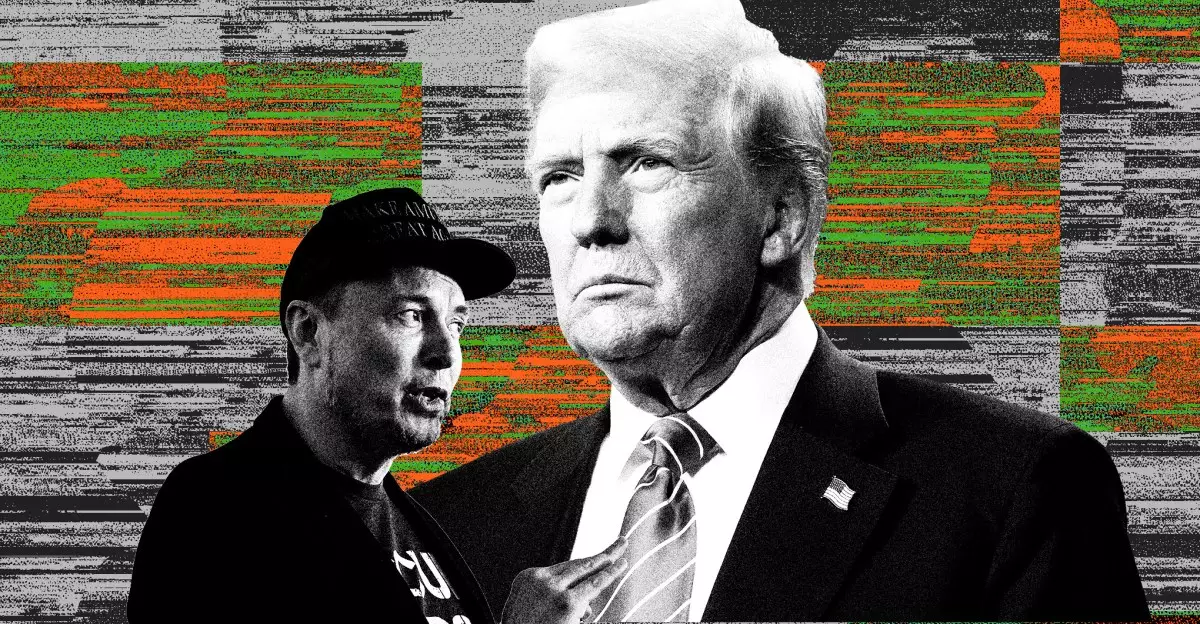In the wake of the January 6th riots, the social media landscape underwent significant changes, particularly concerning the handling of high-profile accounts. Among those affected was Donald Trump, whose Twitter account was permanently suspended due to concerns over inciting violence. As the owner of Twitter, now rebranded as X, Elon Musk faced immense pressure regarding the platform’s policies on free speech and account management. This controversial ban set off a chain reaction of legal actions, with Trump suing multiple social media platforms for perceived biases and violations of his rights. The implications of these actions extended beyond the courtroom; they also sparked nationwide debates over free speech in the digital era.
The Settlement with X
Recent reports from credible sources like The Wall Street Journal reveal that X has agreed to a settlement of approximately $10 million with Trump. This decision is believed to be a tactical move rather than an outright admission of wrongdoing, allowing Musk to sidestep further legal complications. The settlement follows an extensive legal battle where Trump not only targeted X but also sought damages from other tech giants, including Facebook and Google. The dismissal of his broader lawsuit against Twitter in 2022, where a judge ruled in favor of the platform’s right to enforce its terms of service, casts a long shadow on Trump’s legal strategy. While his complaints against Google persist, his settlement with X indicates a desire to consolidate his legal efforts, at least as they pertain to Twitter’s responsibilities.
Trump’s legal maneuvering didn’t end with Twitter alone. His ongoing disputes with other platforms, including a recently settled case with Meta for $25 million, highlight a growing trend where influential figures challenge the actions of social media companies. The $15 million settlement from ABC News for defamation illustrates the precarious state of traditional media as well. For Musk, the financial outlays seem to pile up quickly, raising questions on how these decisions align with his broader ambitions for X. Moving away from a polarizing narrative might provide Musk with the breathing room needed to reposition X as a platform promoting open dialogue, although this comes with its own set of challenges.
The intersection of politics and social media continues to be a contentious battleground, with Elon Musk at the helm of one of its most influential platforms. As a self-styled free speech advocate, his decisions are closely scrutinized—not just by regulators but also by the general public who rely heavily on such platforms for communication and information. The results of these legal confrontations could set significant precedents regarding the balance between corporate responsibility and the rights of individual users, especially high-profile ones like Trump. As tech companies navigate this intricate web of laws, societal expectations, and individual rights, the outcomes of these cases will likely shape the future landscape of digital communication, potentially altering who gets to speak and the platforms they use to reach their audience.
The multifaceted relationship between Musk, Trump, and social media encapsulates a larger dialogue about power dynamics, accountability, and the evolution of free speech in the 21st century.


Leave a Reply